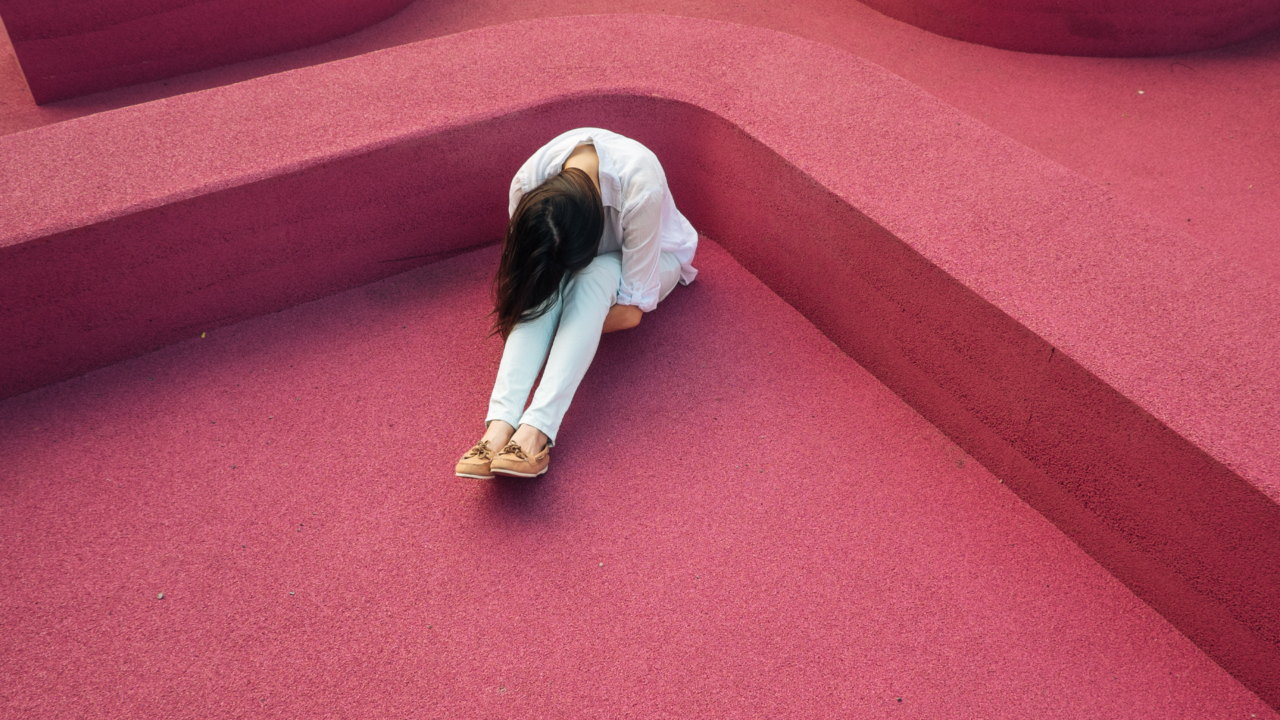The Youth Sports Trust has found low confidence related to menstruation stops girls from enjoying PE in schools.
Government efforts have been geared toward the health and fitness of UK children for the past few years, as campaigns around obesity and physical activity begin to infiltrate more aspects of our daily lives.
But despite a new plan to improve equal access and the quality of PE in schools, Youth Sport Trust have found that there are still major barriers holding young girls back from sports-based activities.
In a survey conducted by the organisation, 59% of 18,000 girls in secondary schools said they liked PE or liked it a lot, compared with 84% of the boys.
This statistic had dropped since 2016, when the same survey found 74% of girls enjoyed PE.
Periods and low confidence were the main reasons the girls gave for not wanting to take part.
More than £600 million of funding is due to be granted to UK schools over two academic years, in an effort to create more school-sport opportunities for girls.
Pressure on the government came after the England women’s national football team wrote an open letter demanding a more equitable sports environment at school level.
Olympic pole vault bronze medallist Holly Bradshaw said she was not surprised by Youth Sport Trust’s findings, and called on teachers working with young women and girls to listen to their concerns.
‘I can really empathise with their worries about being watched and judged by others. I too have struggled with body confidence issues whilst competing for Team GB, particularly after facing online abuse in relation to my body shape’ Bradshaw said.
Youth Sport Trust found that many of the girls interviewed expressed a desire to take part in certain sports like swimming, trampolining, or netball, but were put off because they didn’t feel confident and would be concerned they may have their period.
Ali Oliver, Youth Sport Trust’s chief executive, said the results should raise alarm bells. ‘At a time of unprecedented low levels of social and emotional wellbeing, we know getting things right for girls in PE can be life changing’.




















